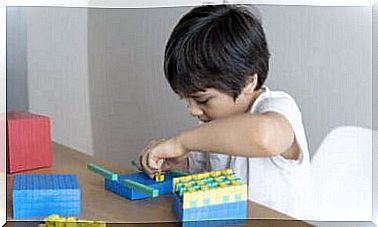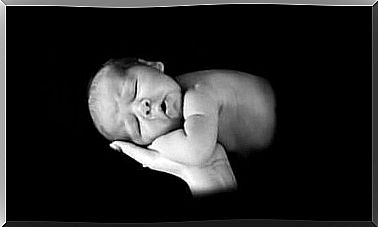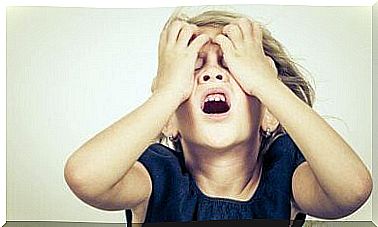Psychological Changes Experienced By The Expectant Mother
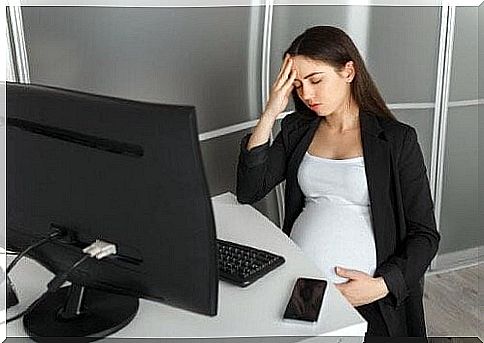
There is no doubt that pregnancy is a period of infinite happiness for many women. However, it is important to remember that during pregnancy, a woman is more emotionally sensitive than usual. Various psychological changes, such as exhaustion and depression, overshadow the gestational age of many women.
Psychological changes experienced by the expectant mother
Pregnancy is a time of many physical and mental changes. As said, as a pregnancy progresses, a woman may experience psychological disorders such as anxiety, depression, and mental exhaustion.
1. Mood swings
During pregnancy, a woman’s mood may fluctuate for no particular reason. During the first trimester of pregnancy, a woman’s body undergoes a wealth of hormonal changes that can affect behavior, general mood, and how the expectant mother experiences things.
Unfortunately, mood swings can be difficult to control, as they usually manifest in surprising ways. These may include, for example, disgust with various odors and foods, as well as vomiting and nausea.
A pregnant woman usually has many questions and doubts in her mind, in addition to which she may feel anxious and fear, which can cause even serious problems.

2. Depression
Depression is a disorder that affects a person’s thoughts, actions, and emotions. Some women are more prone to depression during pregnancy, and pregnancy can be a real affliction for them.
Hormonal changes during pregnancy can also cause depression and anxiety. Tension in a relationship combined with poor physical well-being can also lead to depression in a pregnant woman.
Depression during pregnancy should be treated as it carries serious risks such as the risk of miscarriage or premature birth. In this way, depression not only affects the expectant mother, but can also be detrimental to the child, for example as a cause of low birth weight.
3. Anxiety
Unfortunately, pregnancy is not always just dancing with roses. For many women, it is a period marked by anxiety and fear. The body of the expectant mother is undergoing tremendous changes, which can derail normal everyday life completely. Hormonal changes may increase emotional instability, causing anxiety in some women.
The greatest psychological changes and challenges typically occur in the last months of pregnancy, when many powerful concerns and questions may arise. Examples of such are the following:
- Fear of miscarriage
- Fear of childbirth
- Concern for your baby’s health in the future
- Fear of baby death
- Uncertainty about one’s own ability to be a good mother
At worst, anxiety in the expectant mother poses an increased risk of preterm birth or low birth weight. So it is important to take care of your own well-being as the pregnancy progresses. Fortunately, in most cases, anxiety does not have serious consequences.
4. Psychological exhaustion
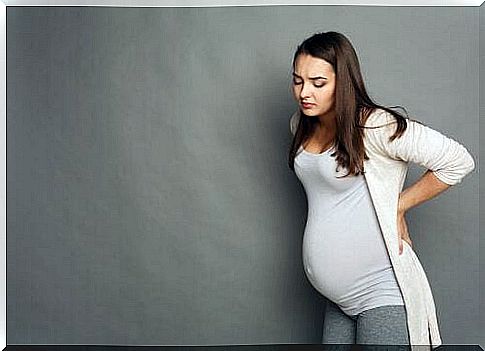
Changes during pregnancy are particularly great – both physically and psychologically – in the last trimester. The following are the key features of different stages of pregnancy:
- First third: Hormones, such as luteinizing hormone, can cause changes in sleep rhythm. Nausea and vomiting are common ailments at this stage of pregnancy. The woman is physically tired and may want to sleep more than normal.
- Second third: The amount of luteinizing hormone in the body decreases. The woman experiences less fatigue, vomiting stops and sleep disorders are less common. However, fatigue can increase if a woman suffers from iron deficiency.
- Last third: At this point, fatigue usually returns and sleeping can be difficult again. The weight of the baby in the womb is starting to feel heavy on the mother’s body. Therefore, it is natural that you feel tired in the last trimester of pregnancy.
Pregnancy is therefore a time when a woman is more sensitive than usual on an emotional level. Massive hormonal changes take place in his body over a period of nine months. The expectant mother has to go through significant psychological changes, needing both physical and emotional support. The partner has a really important role to play in this support.
